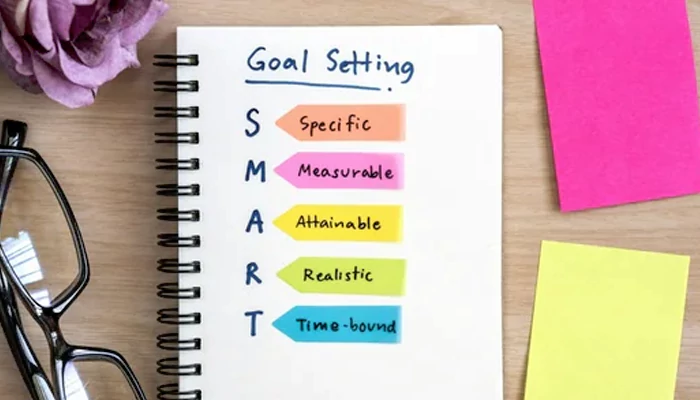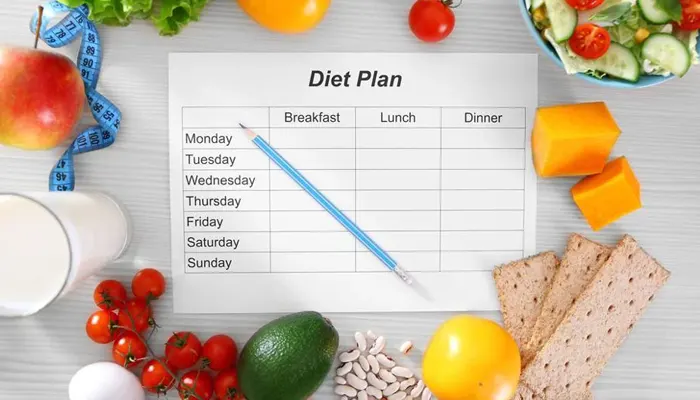Is fasting essential before a cholesterol test? Experts reveal the truth
- Rinks
- 1 year ago
- 3 minutes read

Debunking myths and following the evolving guidelines for informed healthcare decisions.
The practice of fasting before a cholesterol test has long been a standard procedure in healthcare settings. However, recent discussions among medical professionals and evolving research have sparked debate over whether fasting is truly necessary for accurate cholesterol readings. Understanding the rationale behind fasting and the latest expert insights can provide clarity for those preparing for this common diagnostic test. Read on!
The tradition of fasting
Historically, fasting before a cholesterol test was believed to provide the most accurate measurement of fasting lipid levels. Fasting for at least 8 to 12 hours was thought to minimise the influence of recent food intake on lipid levels, thereby ensuring consistency in test results.
The role of lipids in fasting

Lipids circulate in the veins and arteries and can be influenced by dietary intake, particularly fats consumed in the hours leading up to a test. Fasting was believed to reduce variability in lipid levels, providing healthcare providers with a more reliable baseline for assessing cardiovascular risk factors and making treatment recommendations.
Challenges and inconvenience
Despite its historical use, fasting before a cholesterol test presents challenges and inconveniences for patients. Extended periods of fasting can be uncomfortable, particularly for individuals managing chronic conditions or those who rely on regular meals for medication management. Fasting requirements may also disrupt daily routines and impact scheduling for both patients and healthcare providers.
Debunking the need for fasting
Recent research and guidelines from medical organisations, including the American Heart Association (AHA) and the National Lipid Association (NLA), challenge the necessity of fasting before a cholesterol test. Studies have suggested that non-fasting lipid profiles, where samples are taken regardless of recent food intake, provide comparable accuracy for assessing risk factors.
Advantages of non-fasting lipid testing
Advocates for non-fasting lipid testing highlight several advantages, including improved patient convenience and accessibility to testing. By eliminating fasting requirements, healthcare providers can streamline cholesterol screenings, making them more accessible during routine office visits or health screenings without necessitating specific fasting appointments.
Considerations for accuracy and interpretation
While non-fasting lipid testing is gaining acceptance, there are considerations for its accuracy and interpretation. Factors such as recent meals high in fat content can transiently elevated triglyceride levels, potentially influencing test results. Healthcare providers may adjust interpretation guidelines or recommend fasting in certain clinical scenarios to ensure an accurate assessment of lipid levels.
Individualised approach and guidelines
Current guidelines from medical societies reflect a shift towards individualised approaches to cholesterol testing. Healthcare providers may consider factors such as patient history, existing medical conditions, and specific testing objectives when determining whether fasting is necessary for accurate lipid profiling. Shared decision-making between patients and providers plays a crucial role in determining the most appropriate testing approach.
The debate over fasting before a cholesterol test reflects ongoing efforts within the healthcare community to balance tradition with emerging evidence and patient-centred care. While fasting has historically been a cornerstone of lipid testing protocols, advances in understanding and technology challenge its necessity for all patients. Ultimately, informed decision-making between patients and healthcare providers remains pivotal in ensuring accurate cholesterol assessments that support cardiovascular health management.












